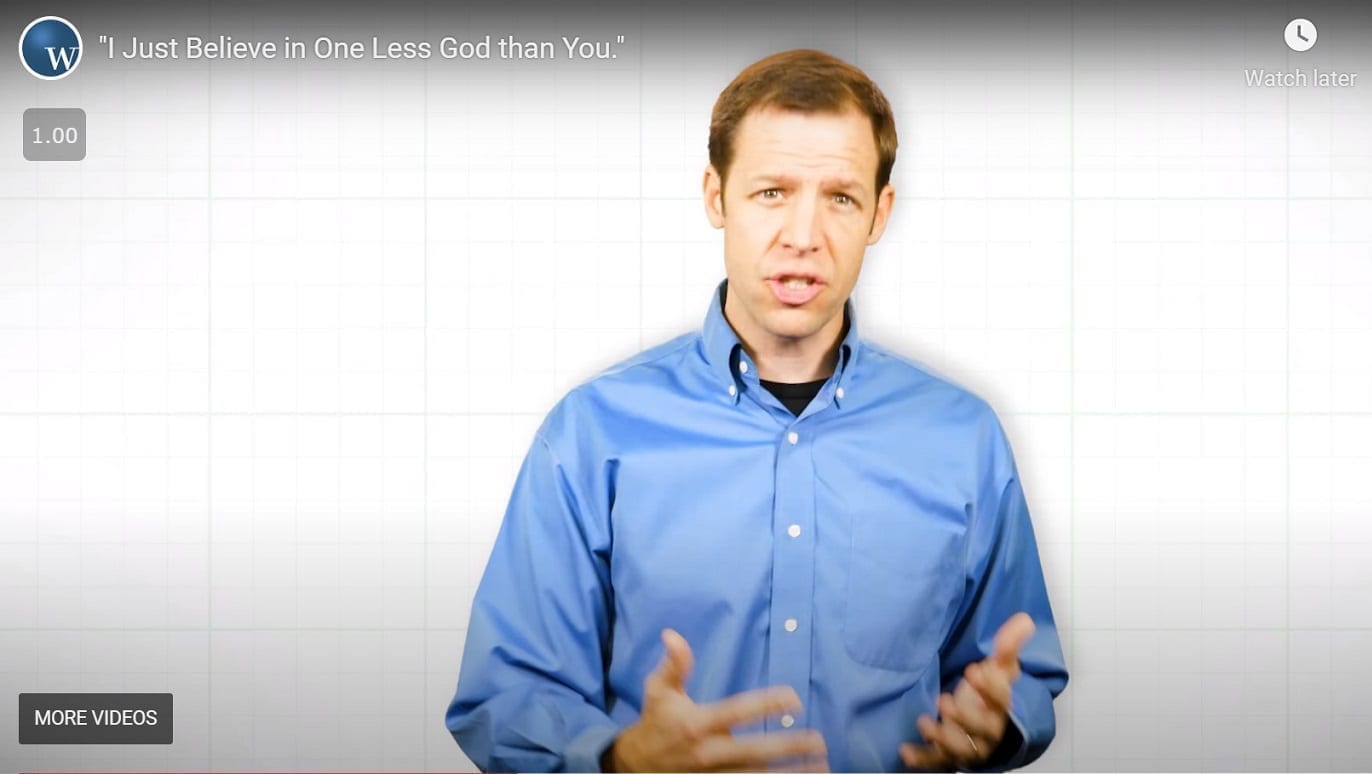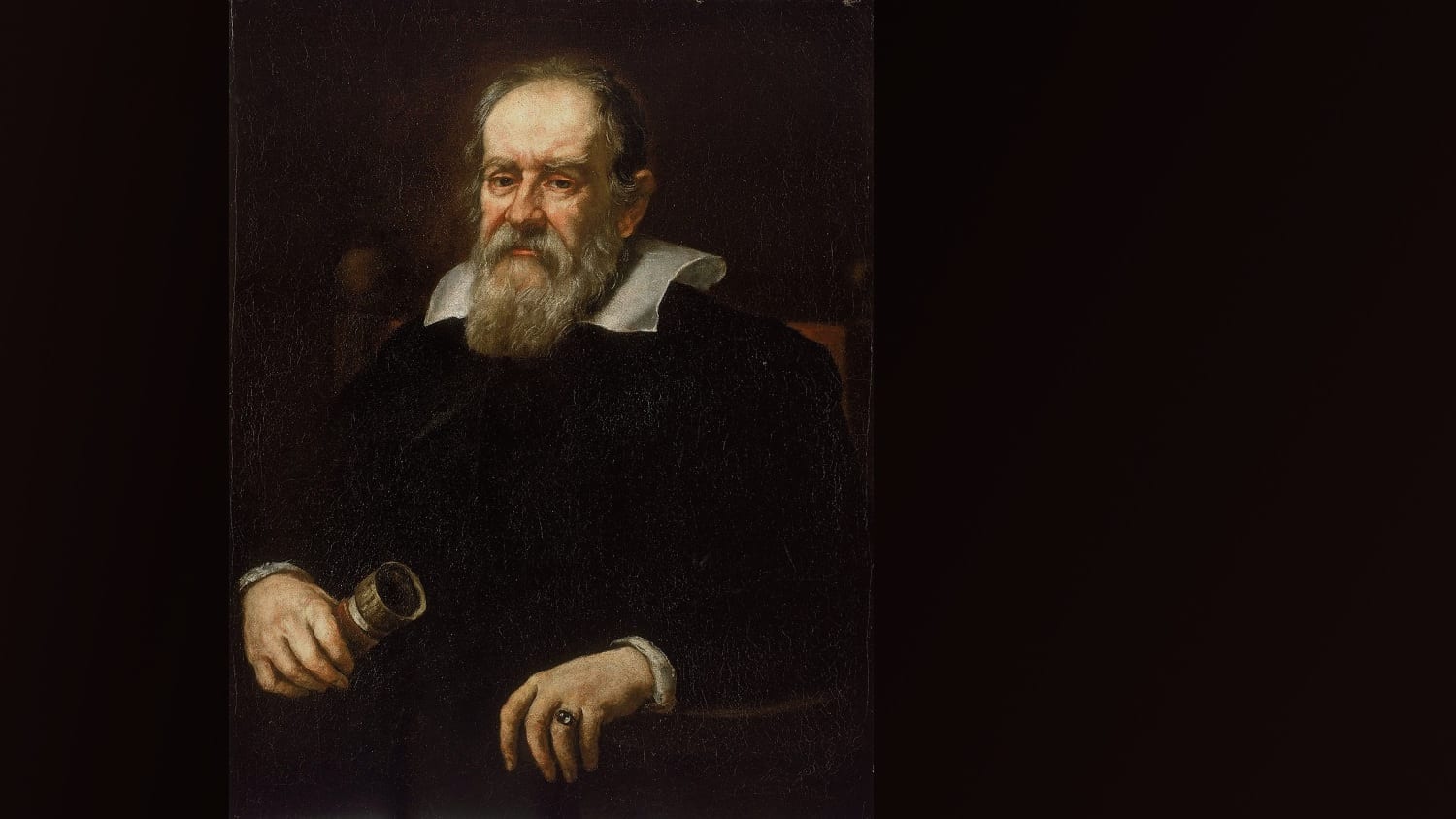[Originally published as Reflections on a Life That Didn’t Go According to Plan. Editor’s note: what a powerful refutation of the claim that those who take the Bible seriously can’t be serious scientists!]
Over the past two weekends, I attended two homeschooling conventions. They were both Great Homeschool Conventions, and after a year of doing no live conventions at all, I was overjoyed to be back in the saddle. I was also thrilled to see so many families refusing to live in fear and gathering together as a community.
I had a lot of wonderful conversations with homeschooling veterans, new homeschooling parents, homeschool students, and homeschool graduates. While many people told me things that were deeply meaningful, there was one event that stands out in my mind, and I must share it.
A homeschooling mother stopped by my publisher’s booth and gave me a manila envelope. It contained a very nice card from her, and a report on some original research her high-school-age daughter had done under the supervision of a professor at a local college. It involved the interaction of bacteria and fungi with certain antibiotics and fungicides. The experiments produced some novel results, and it might end up being published in the scientific literature. The title page of the paper contained this handwritten note from the student:
Dr. Wile, I took what you taught me, and I ran with it. Thank you.
Apparently, she had used my book, Discovering Design with Chemistry, and was inspired to pursue a career in biochemistry, so she started taking college classes while still in high school. There, she met a professor who was happy to encourage her, and that’s how she ended up being able to do the experiments that are discussed in the report. She ended up coming by my publisher’s booth. We got to talk for a while, and I could see her eyes light up when she discussed what she had done. She clearly has a passion for scientific research, and it really made my day!
Since the time this enthusiastic young lady left my publisher’s booth, I have been waxing a bit nostalgic (being sappy is what my daughter would call it), thinking about all of the students who have told me about their scientific accomplishments. One student discovered a new virus. Another developed a new way of producing heavy elements. Another has published more than 40 articles in the scientific literature and is a leader in the field of prenatal imaging. I could go on and on.
What’s my point?
Well, when I went to university, my plan was to do exactly what these incredible individuals are doing. I was going to get my Ph.D. in chemistry and become a world-class scientist. While I accomplished the first goal, the second never materialized. I got my Ph.D., became a professor, got grants to do research, and did research that led to many publications in the peer-reviewed literature of nuclear chemistry. Had I continued, I would have gotten my shot at becoming a world-class scientist.
But then something happened. I met my first homeschool graduate.
He was a student in my general chemistry course, and he was head-and-shoulders above his classmates. When I learned that he was homeschooled, I was shocked. I had no idea how a mother without any training (his mother hadn’t even gone to college) could produce a superstar science student.
As time went on, I met more outstanding students who were homeschool graduates, so I investigated this “odd phenomenon” on my own. I found that my experiences were indicative of the norm: homeschool graduates are (on average) the best university students. As a result, I started working with homeschooling parents, and eventually, I started writing homeschooling curriculum for them.
Somewhere along the line, I realized that I loved writing curriculum more than university teaching and scientific research, so I eventually left the university and did some consulting work in order to spend more time writing. After my curriculum became popular enough, I stopped consulting and became a full-time writer. I did that for several years, but now I have found a way to balance teaching and writing, so I now teach both high school and university students while still producing new homeschooling curriculum.
While I truly love what I am doing, I sometimes wonder about the choices I made.
Once I went to university, I had a solid plan. What would have happened had I followed that plan? Would I have made some great scientific breakthrough? Probably not. While I have made some modest scientific discoveries with the help of others (such as radial energy scaling in heavy-ion collisions and an explanation for an odd chemical phenomenon), I don’t think I have the talent that is required to do great scientific research.
After this past weekend, I have come to realize that I have a tangible reason for being glad my life didn’t go according to plan. Had I followed my plan, I would have probably been a mediocre scientist. Because I followed the opportunities the Lord placed in front of me, however, I have helped inspire some truly incredible people to become scientists. I am certain that they will eventually produce more scientific advancements than I ever could have.
I guess what I am saying is that if the Lord puts opportunities in your path that require you to change or abandon the plans you have made, you should take those opportunities. His plans are better than yours!






